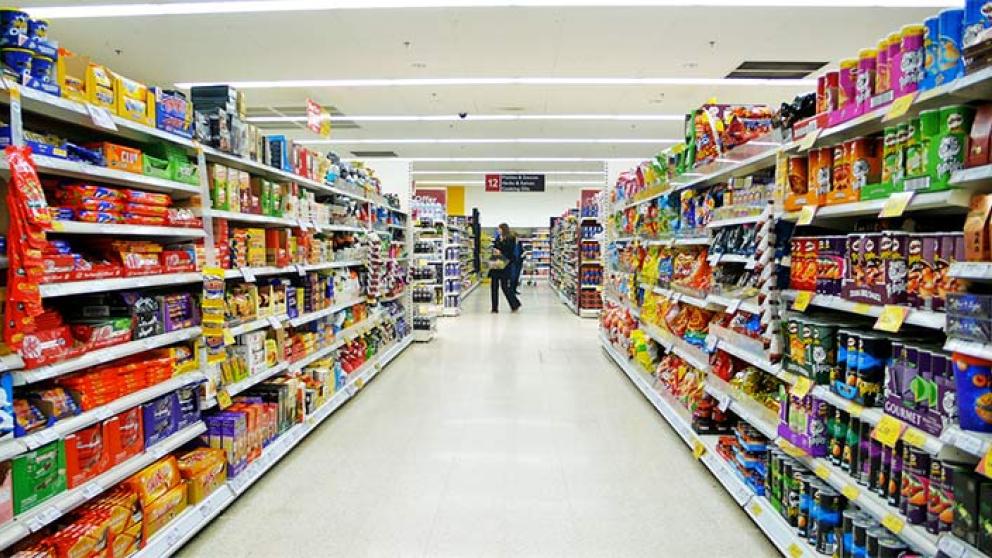Expert opinion: Why supermarkets are rationing items in response to second wave of Covid-19

Logistics expert Dr Jonathan Owens, of the University of Salford Business School, comments on why supermarkets are limiting sales of some items as the numbers of Covid-19 cases rise.
Dr Owens said: “Today, supermarket rationing has been reinstated by three major supermarket chains, Tesco, Aldi, and Morrisons, on a series of products, and the rest will almost certainly follow. The rationed products follow a similar theme to the ones that we saw restricted earlier in the year - flour, pasta, toilet rolls, baby wipes and anti-bacterial wipes.
“So, why is this necessary as there is plenty of stock? We can only surmise that customers are spooked by the rising ‘R’ rate and are making up their own minds that the measures the government have put in place recently to bring the ‘R’ rate down are not enough. The recent local lockdowns and returning university students have perhaps exacerbated this and created extraordinary spikes in these Covid related products. In short, customers are causing these spikes because they believe they may not be able to access them for some reason, such as the much discussed ‘Covid circuit breakers’ introduced to slow the spread of the virus.
“What is good news this time is that the supermarkets, manufacturers and supply chains are more able to respond to meet this demand now than they were in March, as they have hired extra resources following the first wave. For example, one of the big supermarkets permanently employed 16,000 extra staff that helped them cope with the first wave and this is not an isolated case. These early controlling measures have been enforced at a local level to enable the supply chains to stabilise. Hopefully, this will send the message out quickly to consumers that stockpiling is unnecessary.”
For all press office enquiries please email communications@salford.ac.uk.
Share:
